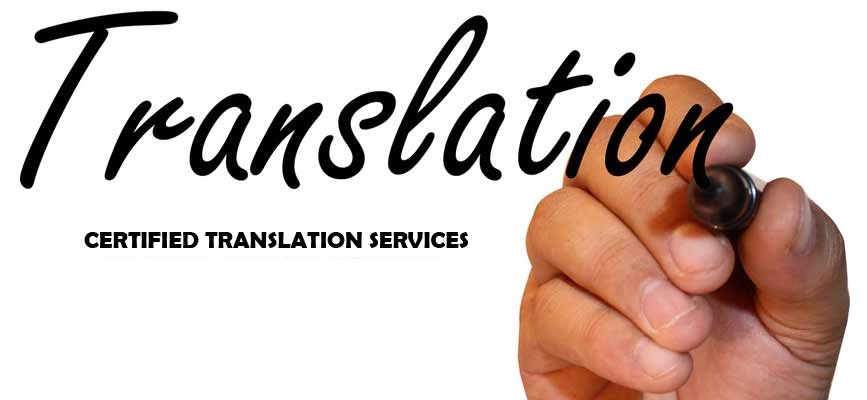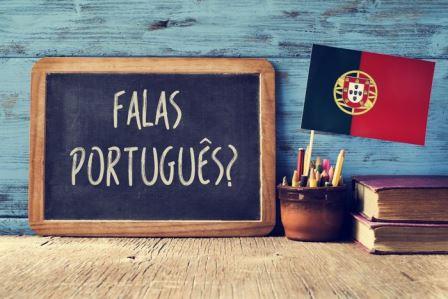“Water plops into pond
Splish-splash downhill
Warbling magpies in tree
Trilling, melodic thrill.”
-Lee Emmett
What is it that struck you the most in this poetry? Isn’t it the voice related words like splish, splash, plops, trilling? Obviously, it is the magic of these words that not only makes the poem beautiful but also creates a melodious rhythm. These words are known as ‘onomatopoeic words’ in English which resemble the sounds they refer to. It is the onomatopoeic words that make us easy to understand how do cows moo? How do snakes hiss? And how do people slurp?
Let us learn some interesting onomatopoeic words that hail from various languages across the world.
SCHLURFEN (schulr-fen)
Originally comes from German, it is a verb which refers to slurp or to sip loudly. Next time you see any of your friends slurping something, you have a German word to describe it.
SUSURRUS (Suh-sir-russ)
This Latin word describes itself. The noun refers to a low soft sound as of a rustling of quiet wind or whispering. For example – susurration of the river.
CROODLE (kroo-dl)
You may have heard this word before. This English word refers to cuddle, huddle, nestle or snuggle together like in fear or cold. This world is also used to describe the low murmuring sound as produced by a dove.
DOKIDOKI (ドキドキ)
Dokidoki mimics the sound of a beating heart. However, widely this word is used to describe physical or emotional excitement of the heart. It is used to indicate the condition in which someone is thrilled, excited or nervous.
HOT HO HOT HAI
This Vietnamese verb describes someone who is gasping for breath or is panic stricken or in a rush. Have we any such word in English?
SMACK (smæk)
You must have heard this word in English which means to slap. On the contrary, in French, this word is used to describe the sound of a soft kiss. French don’t kiss, they smack. Therefore, use this word carefully when you are in France!
Conclusion – We have many more such words in our collection as we are experts in translation service. We have a team of professional translators who are well-versed in every genre of translation be it legal translation or certified language translation. If you need any help in translating a document, kindly contact us at – 888-670-3369.








